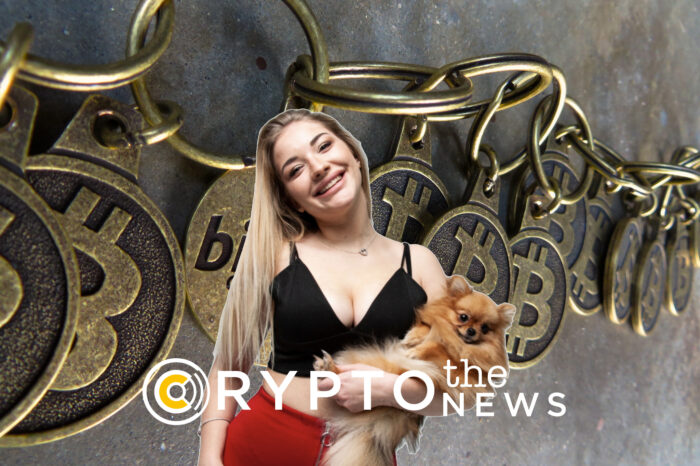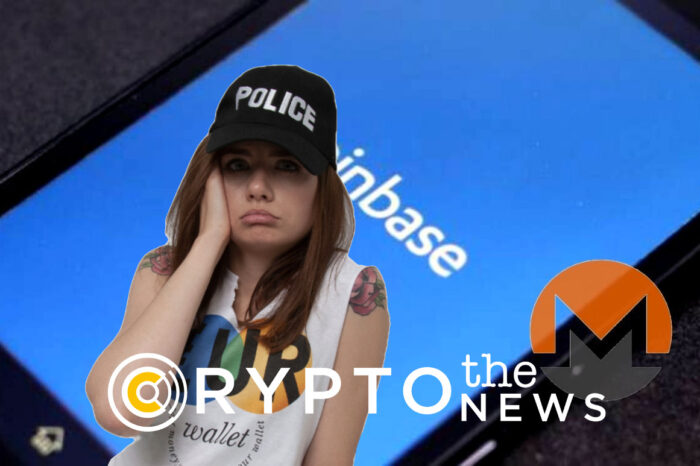Former Goldman Sachs Exec: Bitcoin’s $1M Upside Eradicates Traditional Investment Opportunities
Former Goldman Sachs Exec: Bitcoin’s $1M Upside Undermines Traditional Investment Opportunities
Raoul Pal, the CEO of the Global Macro Investor and former Goldman Sachs fund manager, thinks Bitcoin (BTC) is the “call option” on global central bank uncertainty. And he says hedge funds are taking it into consideration.
Pal recently joined Galaxy Digital CEO Mike Novogratz on the Unchained Podcast to discuss Bitcoin’s role in the global economic issues brought about by the coronavirus pandemic and different government responses to it.
Pal states that now when the vulnerabilities of the international financial system are so visible, he’s been getting calls and e-mails from hedge fund investors every day asking how they can invest in Bitcoin.
“We’ve never gone through such central bank uncertainty. None of us have lived through monetary printing of this kind of magnitude. In fact, none of us even believed it would ever happen. So when you’ve got something that is so large and it continues – it doesn’t go away, it gets worse and worse and worse – everybody has to ask the question, ‘Well what could it mean?’ And Bitcoin is the call option on the ‘What could it mean?’ And it’s as simple as that. So in a big portfolio, a very little bet could end up being a very big thing if something at the central bank level, i.e. fiat currency, comes into a larger problem.”
Both Pal and Novogratz emphasize the impact Millenials and Gen Z could have on Bitcoin and how it’s seen by the mainstream population going forward.
Former Goldman Sachs fund manager, who has predicted Bitcoin could surge to $1 million, says that aside from crypto, Millenials have essentially none of the high-return investment options that so many Boomers had throughout their lifetimes:
“If you are a Millennial, so you’re under the age of… 35, and you look at your 401k and your investment opportunities for your retirement savings, you have equity valuations at all time highs, bond yields at all time lows, credit yields at all time lows, and property prices pretty much at highs — you have almost zero opportunity to have an expected positive return over the next 10 or 20 years. That’s the reality here.”
He went on detailing savings options for Millenials:
“So what do you do? How do you save for your future? You could save in cash – okay, that’s fine. The reality is crypto offers an opportunity. It is the thing that the baby boomers got with the equity market and the bond market… and the property market. All three they got at record low valuations, gifted to them in their 30s. And they got rich on the back of it. I think that Millennials are going to accumulate, over time, in their 401ks… crypto… because it gives them something that has the 50-to-1, 100-to-1 upside…”
In the short term, Novogratz believes that when Bitcoin crosses $10,000 or $10,200, it will get to $14,000 much faster than people think.
He also notes that over the long term, people who look back on the current period in history will see Bitcoin as an obvious bet, given the overall fragility of the financial system.
“Unfortunately, I’m 34 days a baby boomer, though I always tell my kids I identify as Gen Z. The baby boomer generation, we’ll look back [on] as the most selfish generation in the history of the planet, if you look at what they have taken and the debt they’re leaving versus what they put in. This is generational theft on a gargantuan scale. The baby boomers are running up a debt that’s astronomical that my poor son and his kids are going to have to pay back one day. And they’re not going to be able to pay it back. And in some ways logic would say the only way to pay it back is to inflate… If you just look at the scale of the debt and how fast it’s growing, you’ve got a positive first and second derivative of the growth of debt. That doesn’t make you feel good if you’re 20 years old or 24 years old or 16 years old… We’re gonna come back as these future anthropologists and be like, ‘Dude, of course they were buying something else. They were smart enough to know that the dollar’s not gonna be worth that much.’”








 Bitcoin
Bitcoin  Ethereum
Ethereum  XRP
XRP  Bitcoin Cash
Bitcoin Cash  Litecoin
Litecoin  Stellar
Stellar